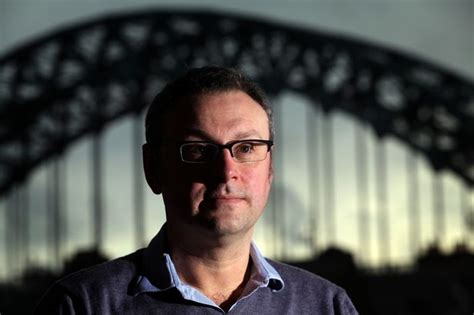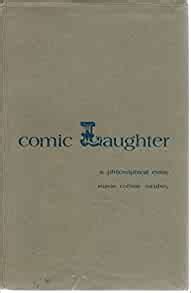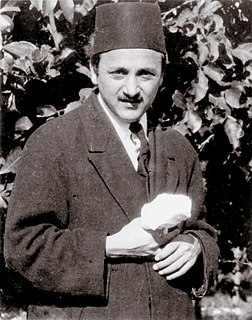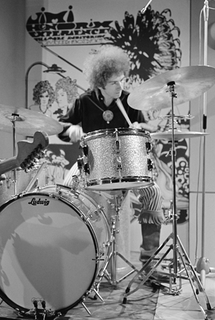A Quote by Paul Auster
Life is deeply tragic and also very comic at the same time. It's everything at once.
Related Quotes
the true art of the gods is the comic. The comic is a condescension of the divine to the world of man; it is the sublime vision, which cannot be studied, but must ever be celestially granted. In the comic the gods see their own being reflected as in a mirror, and while the tragic poet is bound by strict laws, they will allow the comic artist a freedom as unlimited as their own.
I didn't believe in systems. Everything human was imperfect and ultimately absurd. What did I believe in then? In humor. In laughing at systems, at people, at one's self. In laughing even at one's need to laugh all the time. In seeing life as contradictory, many-sided, various, funny, tragic, and with moments of outrageous beauty. In seeing life as a fruitcake, including delicious plums and bad peanuts, but meant to be devoured hungrily all the same because you couldn't feast on the plums without also sometimes being poisoned by the peanuts.
We cannot segregate the human heart from the environment outside us and say that once one of these is reformed everything will be improved. Man is organic with the world. His inner life moulds the environment and is itself also deeply affected by it. The one acts upon the other and every abiding change in the life of man is the result of these mutual reactions.
The question does arise if how and why to write poetry in this time. It feels both completely essential and also quite difficult. But that's how writing poetry has felt to me my whole life. Everything seems to have just gotten immensely more mortal and tragic and scary, which makes it hard to concentrate, but also, if harnessed, can provide immense energy for making poems.



































